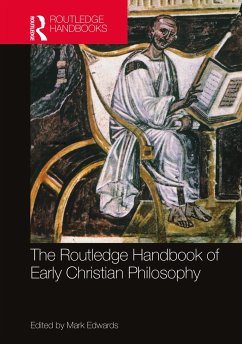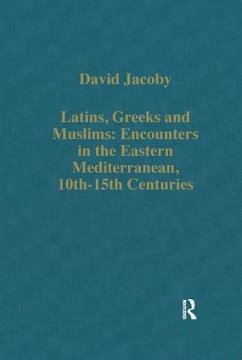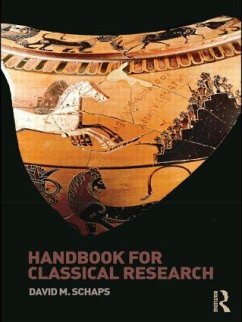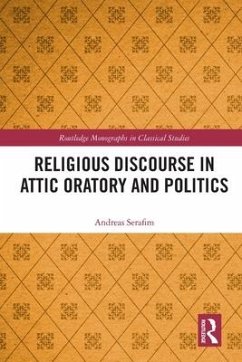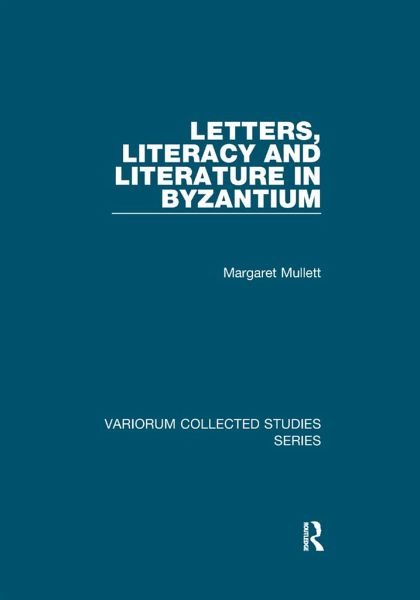
Letters, Literacy and Literature in Byzantium
Versandkostenfrei!
Versandfertig in 1-2 Wochen
66,99 €
inkl. MwSt.
Weitere Ausgaben:

PAYBACK Punkte
33 °P sammeln!
These studies look at general problems of reading Byzantine literature, at literacy practices and the literary process, but also at individual texts. The past thirty years have seen a revolution in the way Byzantine literature has been viewed: no longer is it considered a decadent form of classical literature or a turgid precursor of modern Greek literature. There are still prejudices to overcome: that there was no literary public, or that Byzantium had no drama or humour, but Byzantine texts are now read as literature in the social context of literacy and book culture. One genre is treated he...
These studies look at general problems of reading Byzantine literature, at literacy practices and the literary process, but also at individual texts. The past thirty years have seen a revolution in the way Byzantine literature has been viewed: no longer is it considered a decadent form of classical literature or a turgid precursor of modern Greek literature. There are still prejudices to overcome: that there was no literary public, or that Byzantium had no drama or humour, but Byzantine texts are now read as literature in the social context of literacy and book culture. One genre is treated here more fully: the letter (Derrida said that letters represent all literature). In these studies epistolography is examined from the point of view of genre, of originality, of communication and as evidence for political history. Other genres touched on include the novel, historiography, parainesis, panegyric, and hagiography. The section on literary process includes essays on genre, patronage and rhetoric, and the section on literacy practices deals with both writing and reading. The collection includes one unpublished lecture which acts as introduction, and additional notes and comments.






